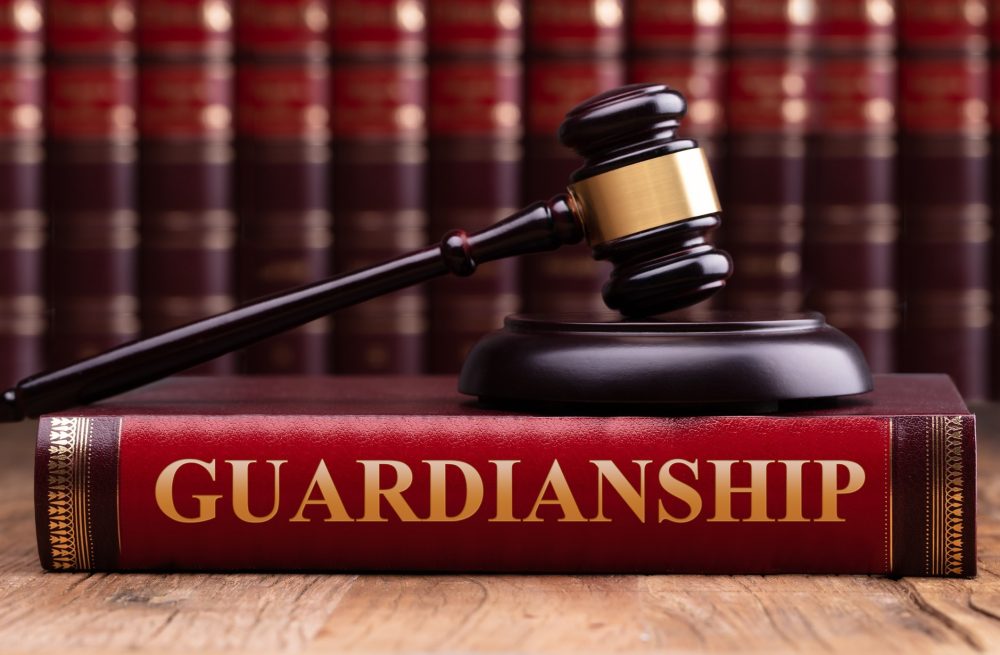Guardianship in New Jersey is a legal service Ward Shindle & Hall Attorneys excel at, guardianship over a loved one may be considered in a number of circumstances. Although it can be a necessary tool and a way to provide care to someone who needs it, guardianship should be considered as a last resort. In most cases, the initiation of a guardianship action removes an individual’s rights to make their own decisions and to be independent. However, there are a few instances where guardianship is deemed necessary.
What is Guardianship?
When an individual has not granted a Power of Attorney to another and can no longer make decisions regarding their estate and/or health, guardianship is considered. A guardian is someone who is given the power to act on behalf of that person. They are meant to act with the individual’s best interest in mind at all times and must prioritize the sustainment of that person’s rights. A guardian may act on behalf of someone in making decisions about their medical care, finances, assets, and other safety and wellbeing concerns.
When is Guardianship in New Jersey Needed?
There are many circumstances in which guardianship may be considered. The first, and most likely the most well-known, is when a minor’s parents are deceased or no longer able to care for them properly. In this case, it is likely that the guardian will have been named in the parents’ wills. The parents may appoint the same person to act as their child’s guardian and trustee, or they may choose separate people. In the case of a separate guardian and trustee, the trustee is responsible for the finances of the child, while the guardian is in charge of their quality of life and wellbeing.
Additionally, there are times when an adult may need a guardian. This is typically the result of an adult becoming mentally incapacitated or unable to function on their own. If they have not completed a Power of Attorney in anticipation of this, a guardian will need to be appointed for them. Sometimes, if a child is unable to function on their own, and they turn 18, parents are inclined to file for guardianship so they may continue having control over their child’s medical, financial, estate, and safety decisions. This is only necessary when the child truly cannot function on their own, or if they need representation in a legal matter. In order for a guardianship to be instated, a doctor and the court must agree that the ward (the person unable to function on their own) is truly incapacitated and in need of a guardian. It should also be noted that it is possible for more than one person to be appointed guardian of a ward, in which case the guardians would have equal power in acting on behalf of the ward.
In some cases, an adult may only be incapacitated and unable to act for themselves in a specific area of their life. When this happens, a limited guardianship may be considered.
What Types of Guardianship Are There to Consider?
Limited vs General. As mentioned above, a limited guardianship in New Jersey is meant for people who can function alone in many areas of life but may need assistance from a guardian in specific aspects. In this case, the guardian would have limits to how they can and cannot act on behalf of the ward. There may be a limited guardian for medical decisions, educational decisions, legal matters, financial areas, or a number of other categories. General guardianship, on the other hand, renders the ward unable to make any decisions. Guardians will have complete power when acting on behalf of the ward.
Person vs Property
A separate guardian may be appointed for property purposes, depending on the ward’s assets and needs. In this situation, the two guardians would act only in regard to either the well-being of the person and/or their property given by their respective titles. This may be necessary if a ward has property in their name and needs someone to represent them in business matters, but someone else is better suited to take care of their medical and safety needs.
What is the Process for Guardianship?
To appoint a guardian for an adult, there must first be medical evaluations and a recommendation from two doctors who evaluate the alleged incapacitated person. From there, if the doctors are of the opinion that guardianship is necessary, the court will consider the application and evidence filed by the proposed guardian and any court-appointed counsel for the alleged incapacitated person. Upon a finding of incapacity, the Court will enter judgment appointing the best-suited guardian.
Guardianship is sometimes necessary but be warned that it can be a long and complicated process.

